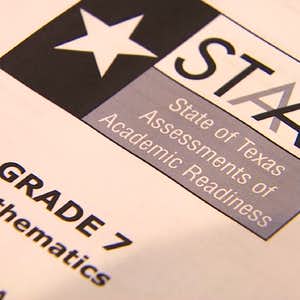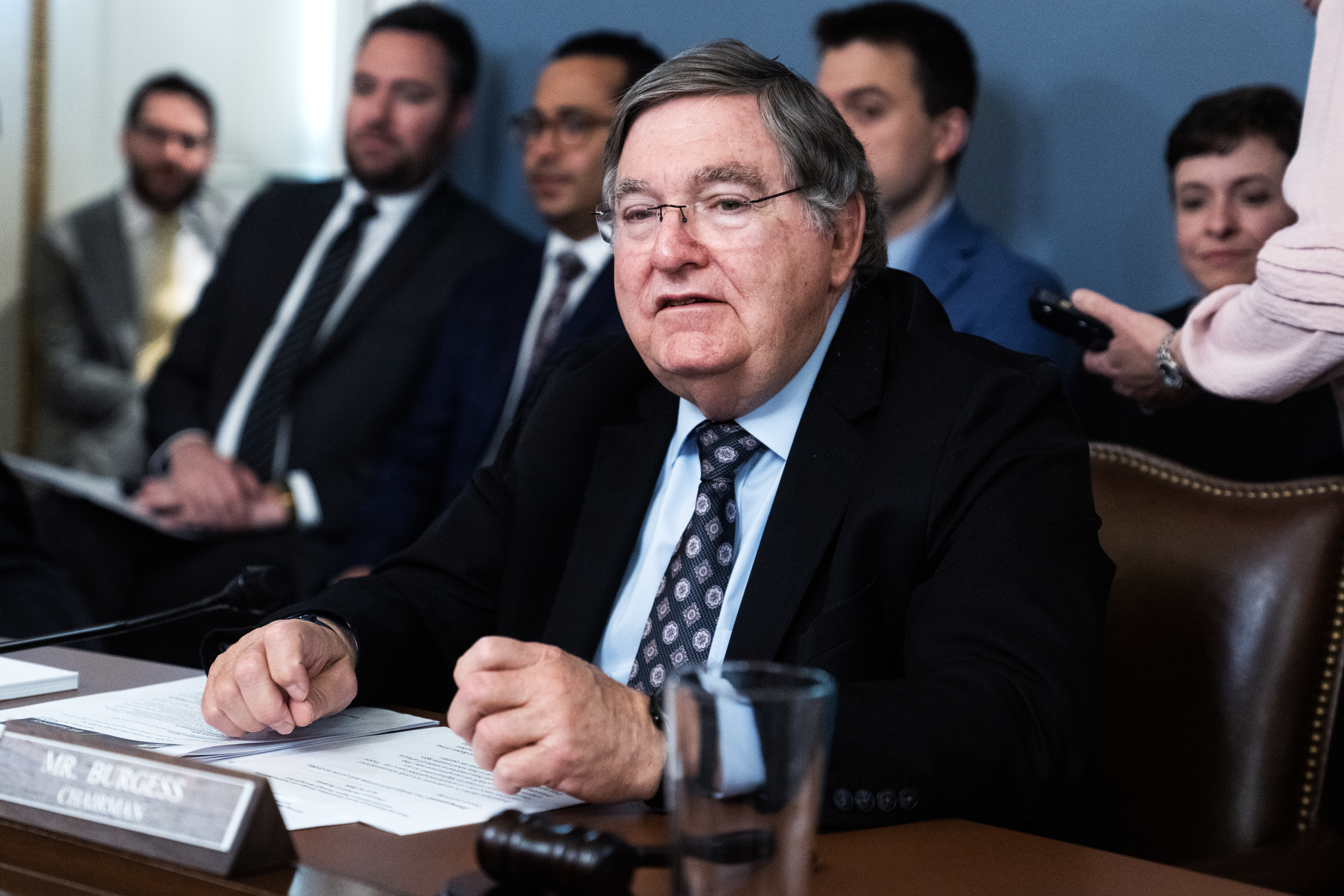For a group of families, it is an especially special weekend dedicated to celebrating mothers.
On Saturday, officials with Baylor University’s Medical Center hosted an event for donors, recipients, and babies who have been part of its groundbreaking uterus transplant program. Women who are done having children can donate their uterus to another woman hoping to experience pregnancy.
The program is the largest of its kind in the world, according to Steve Newton, Baylor Scott & White’s Executive Vice-President.
“In my 30 years in healthcare, this is one of the most astonishing miracles we have ever been a part of,” Newton said. “Our team has a restless spirit always looking for new ways to solve long-term, challenging problems. They arrived with this after watching early efforts around the world. They stepped up and said, ‘we think we can do this. We think we have the talent, and we’ve got the research base. We’ve got the commitment to make this possible.’”
Get DFW local news, weather forecasts and entertainment stories to your inbox. Sign up for NBC DFW newsletters.
For some mothers, the event Saturday at the Dallas Arboretum was a chance to meet their donors in person for the first time. Madison Gibbs of Frisco, now a mother of two children, was diagnosed with Mayer-Rokitansky-Küster-Hauser (MRKH) when she was a teenager.
“Basically, MRKH is being diagnosed without the uterus or having an underdeveloped uterus. So, I had everything else to make the baby, but I couldn’t carry the baby,” Gibbs said. “I knew that adoption or surrogacy was going to be an option.”
She and her husband got married in 2018 and reached out to Baylor about the program that same year. Ultimately, she was matched with Justin resident Janice Bage.
Local
The latest news from around North Texas.
“I have two older kids. They’re 12 and 9, and they’re the light of my life,” Bage said. “I was done with my family. We knew we were whole, so why not? Provide it for something good.”
Bage said infertility has been an issue that has remained close to her heart, so she has been a surrogate twice. For Baylor’s uterine transplant program, she recalled undergoing 6-8 months of testing to ensure the surgery would be a success.
“They asked me a million times, ‘Are you sure this is something you want to do?’ They were so great in explaining every detail of everything,” she said. “The uterus and the cervix, all of that was removed surgically along with the blood supply to the nerves. They could transplant it into the recipient and reconnect all of the blood supply.”
Bage and Gibbs met for the first time in person on Saturday.
“I walked up to her and I just started crying. My heart, like, I could not tell her ‘thank you’ enough times to be able to do this,” Gibbs said. “I’m so, so thankful for her.”
14 babies have been born through Baylor's uterine transplant program.



